Folic acid, a water-soluble B vitamin (B9), plays a crucial role in women’s health. Often linked to pregnancy, its benefits go far beyond supporting fetal development. From boosting reproductive health to reducing the risk of chronic diseases, folic acid is an essential nutrient for women of all ages. But why is it so vital, and how can you ensure you’re getting enough? Let’s dive into the science and practical tips to make folic acid a consistent part of your health routine.
What Is Folic Acid, and Why Is It Important for Women?
Folic acid is the synthetic form of folate, a naturally occurring vitamin found in foods. This nutrient is essential for DNA synthesis, cell division, and the production of red blood cells. While everyone needs folic acid, it holds special importance for women due to its impact on reproductive health and overall well-being.
Key functions of folic acid include:
Supporting the formation of healthy red blood cells, preventing anemia.
Assisting in the synthesis and repair of DNA, crucial for cell growth and division.
Helping prevent neural tube defects (NTDs) during pregnancy.
Reducing the risk of certain chronic diseases, such as heart disease and stroke.
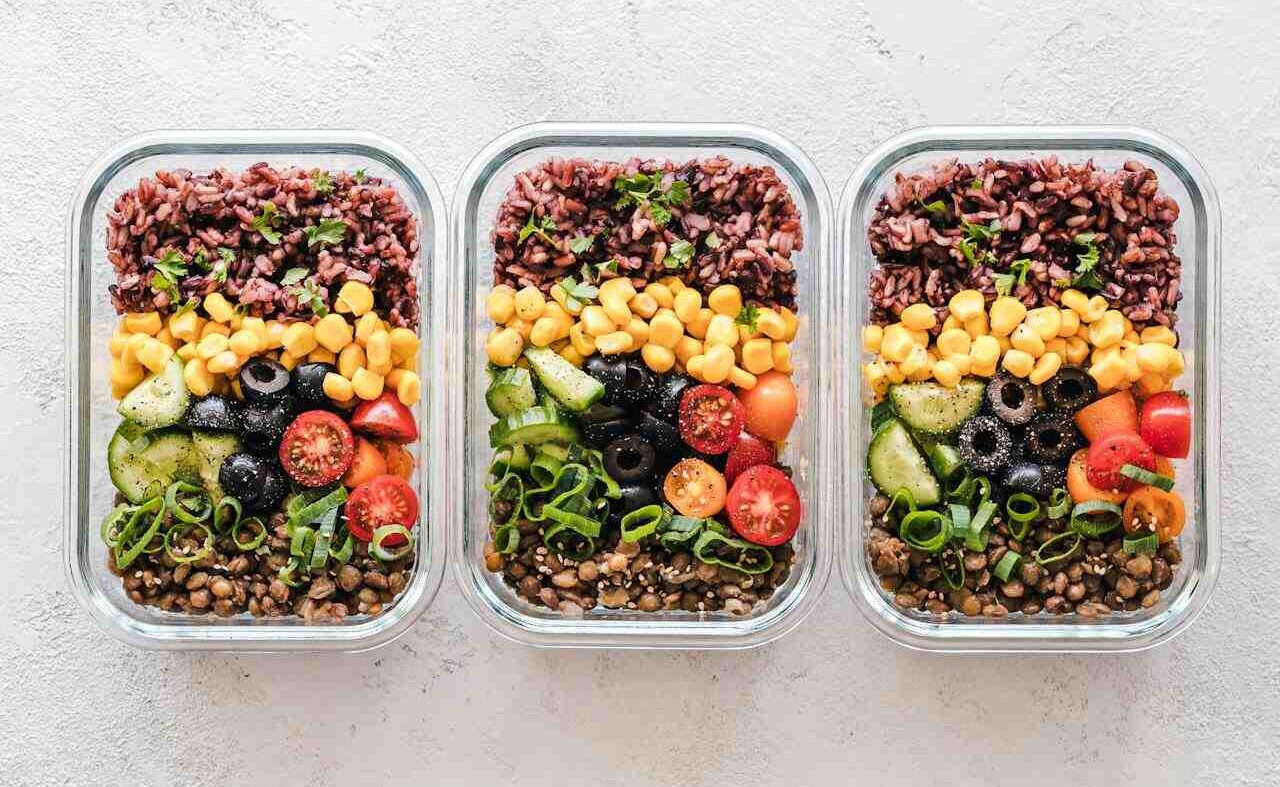
Benefits of Folic Acid for Women’s Health
1. Promotes Healthy Pregnancy
Folic acid is perhaps best known for its role in fetal development. Adequate folic acid intake during pregnancy helps prevent neural tube defects, such as spina bifida and anencephaly. It’s most crucial during the first trimester when the neural tube forms. Women planning to conceive are often advised to take folic acid supplements at least three months before pregnancy to ensure optimal levels.
Tip: Even if you’re not planning to get pregnant, maintaining adequate folic acid levels is beneficial as many pregnancies are unplanned.
2. Improves Reproductive Health
Folic acid supports hormonal balance and may improve fertility. Studies suggest that women with adequate folate levels are more likely to conceive and maintain a healthy pregnancy. Additionally, folic acid has been linked to reducing the risk of certain reproductive disorders, such as polycystic ovary syndrome (PCOS).
3. Prevents Anemia
Folic acid plays a vital role in producing healthy red blood cells. Women, especially those with heavy menstrual cycles, are at higher risk of anemia. Folic acid supplementation can help prevent fatigue, weakness, and other symptoms associated with low red blood cell counts.
4. Supports Heart Health
Folic acid helps regulate homocysteine levels in the blood. High levels of this amino acid have been linked to an increased risk of cardiovascular diseases. By lowering homocysteine levels, folic acid reduces the risk of heart disease and stroke, which are leading causes of mortality among women.
5. Boosts Mood and Cognitive Function
Folic acid is essential for producing neurotransmitters like serotonin and dopamine, which regulate mood. Low levels of folate have been associated with depression and cognitive decline. Ensuring adequate folic acid intake can improve mental clarity and emotional well-being.
6. Reduces Cancer Risk
Adequate folate levels may lower the risk of certain cancers, including breast and cervical cancer. Folate’s role in DNA repair helps prevent abnormal cell growth, which can lead to cancer.
Daily Recommended Intake of Folic Acid for Women
The recommended daily intake (RDI) of folic acid varies by age and life stage:
Teenagers (14-18 years): 400 mcg
Adults (19+ years): 400 mcg
Pregnant women: 600 mcg
Breastfeeding women: 500 mcg
For women trying to conceive or during early pregnancy, a supplement containing at least 400 mcg of folic acid is highly recommended, as diet alone may not provide sufficient amounts.

Best Food Sources of Folic Acid
While supplements are a reliable way to meet your folic acid needs, many foods are naturally rich in folate. Incorporate these into your diet for a natural boost:
Leafy Greens: Spinach, kale, and collard greens.
Citrus Fruits: Oranges, grapefruits, and lemons.
Legumes: Lentils, chickpeas, and black beans.
Fortified Foods: Breakfast cereals, pasta, and bread enriched with folic acid.
Other Sources: Avocados, asparagus, and beets.
Tip: Cooking methods can reduce the folate content in foods. Steaming or microwaving is better than boiling to preserve nutrients.

Who Should Take Folic Acid Supplements?
While a balanced diet provides folate, certain groups of women may benefit from supplements:
Women planning to conceive or in early pregnancy.
Those with conditions like anemia or malabsorption disorders (e.g., celiac disease).
Women taking medications that interfere with folate absorption (e.g., antiepileptic drugs).
Vegetarians and vegans, as they may miss out on certain folate-rich foods.
Always consult a healthcare provider before starting a supplement, especially if you have existing health conditions.
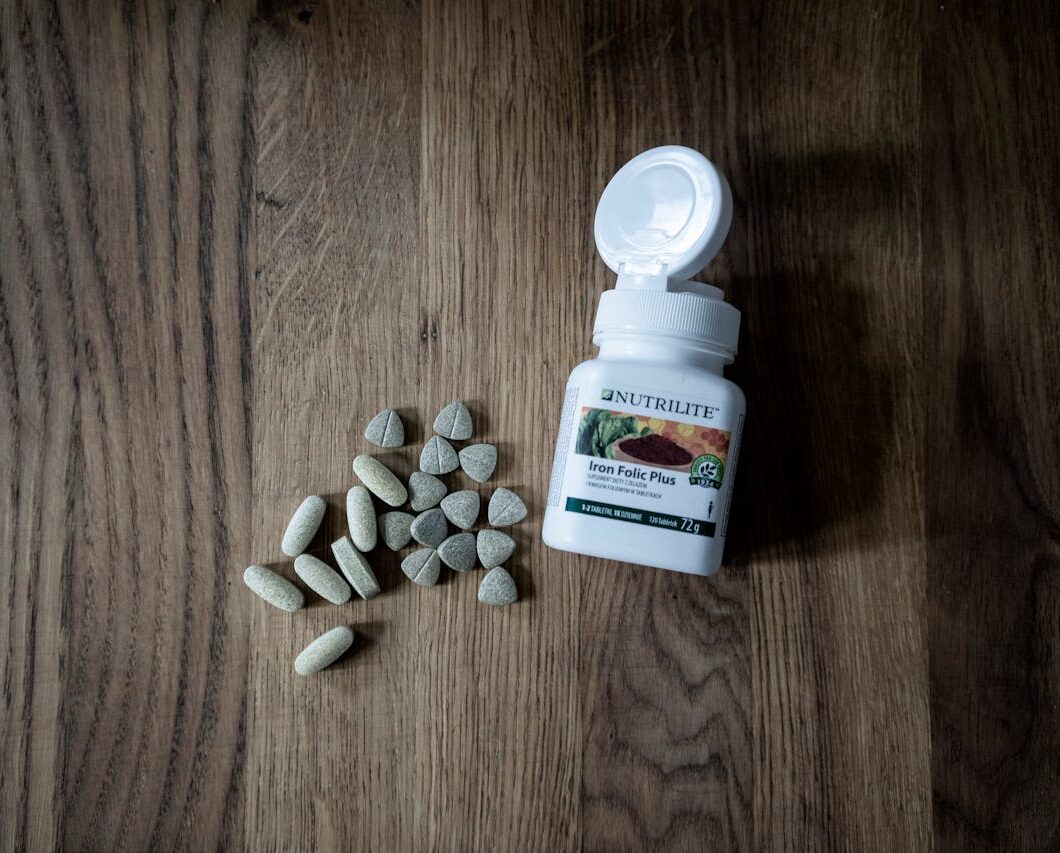
Potential Side Effects and Risks
Folic acid is generally safe when taken within recommended limits. However, excessive intake (above 1,000 mcg daily) may mask symptoms of vitamin B12 deficiency, leading to potential neurological issues. Stick to recommended doses and consult your doctor for personalized advice.
Practical Tips to Add Folic Acid to Your Routine
Start your day with a fortified cereal or whole-grain toast.
Snack on citrus fruits or add them to your smoothies.
Incorporate leafy greens into your meals, such as salads or stir-fries.
Keep a folic acid supplement handy if recommended by your doctor.
Plan balanced meals to ensure you’re meeting your daily nutritional needs.

Conclusion
Folic acid is a powerhouse nutrient that supports women’s health at every stage of life. From boosting fertility and pregnancy outcomes to preventing chronic diseases, its benefits are profound. By maintaining adequate levels through diet and supplementation, you can optimize your health and well-being. Make folic acid a priority—your body will thank you for it!
For more personalized advice, consult a healthcare provider to tailor your folic acid intake to your specific needs.

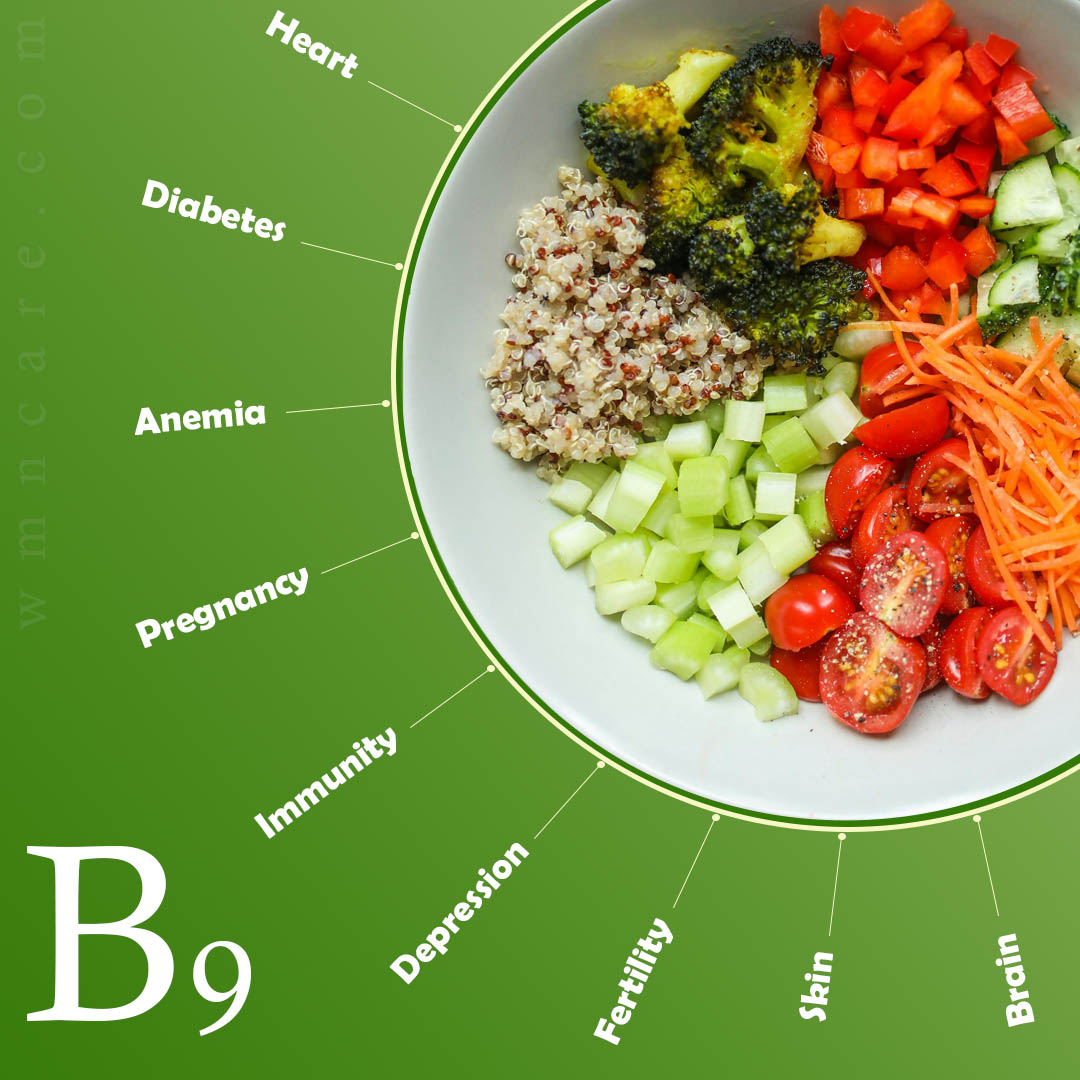

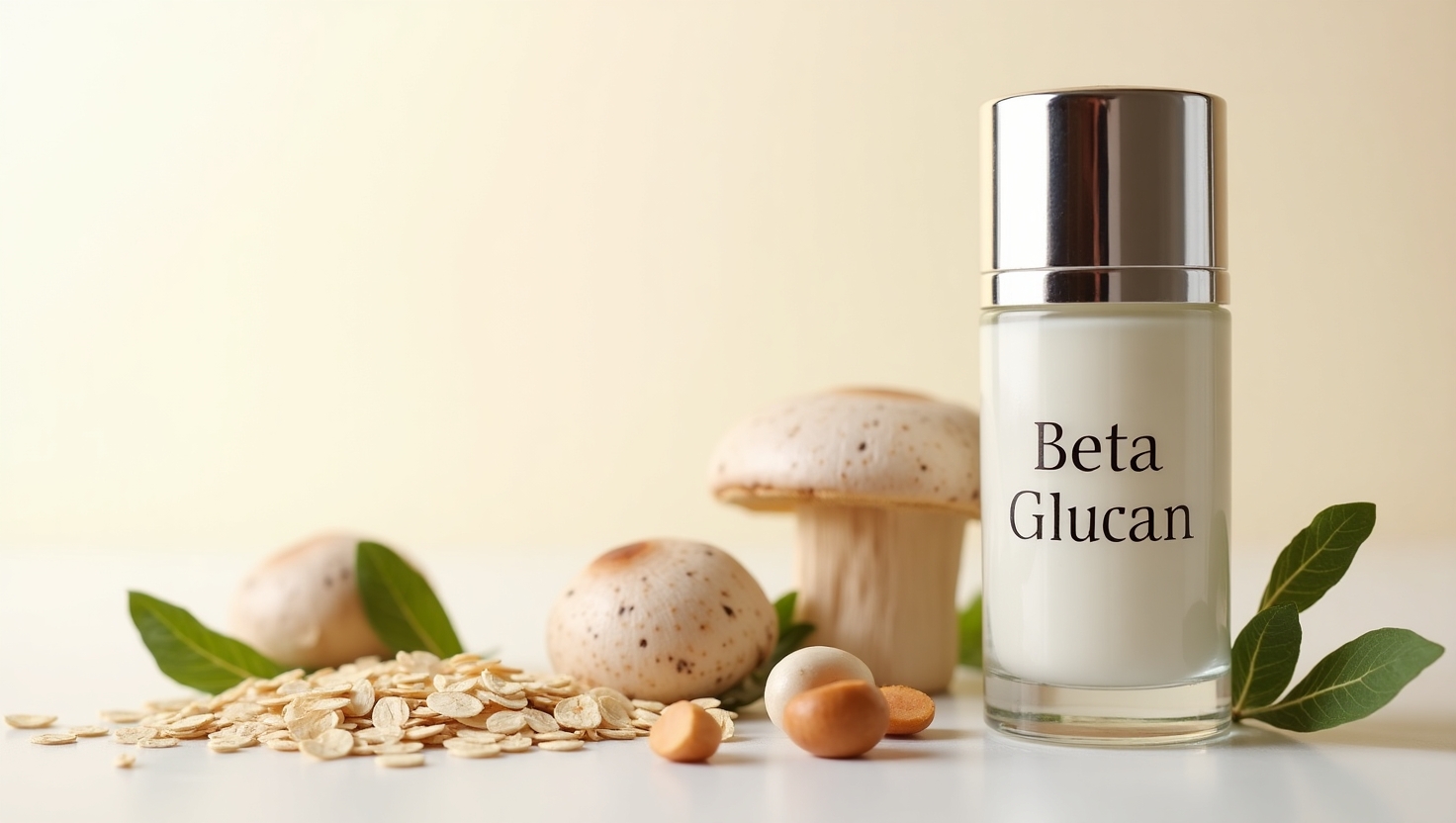
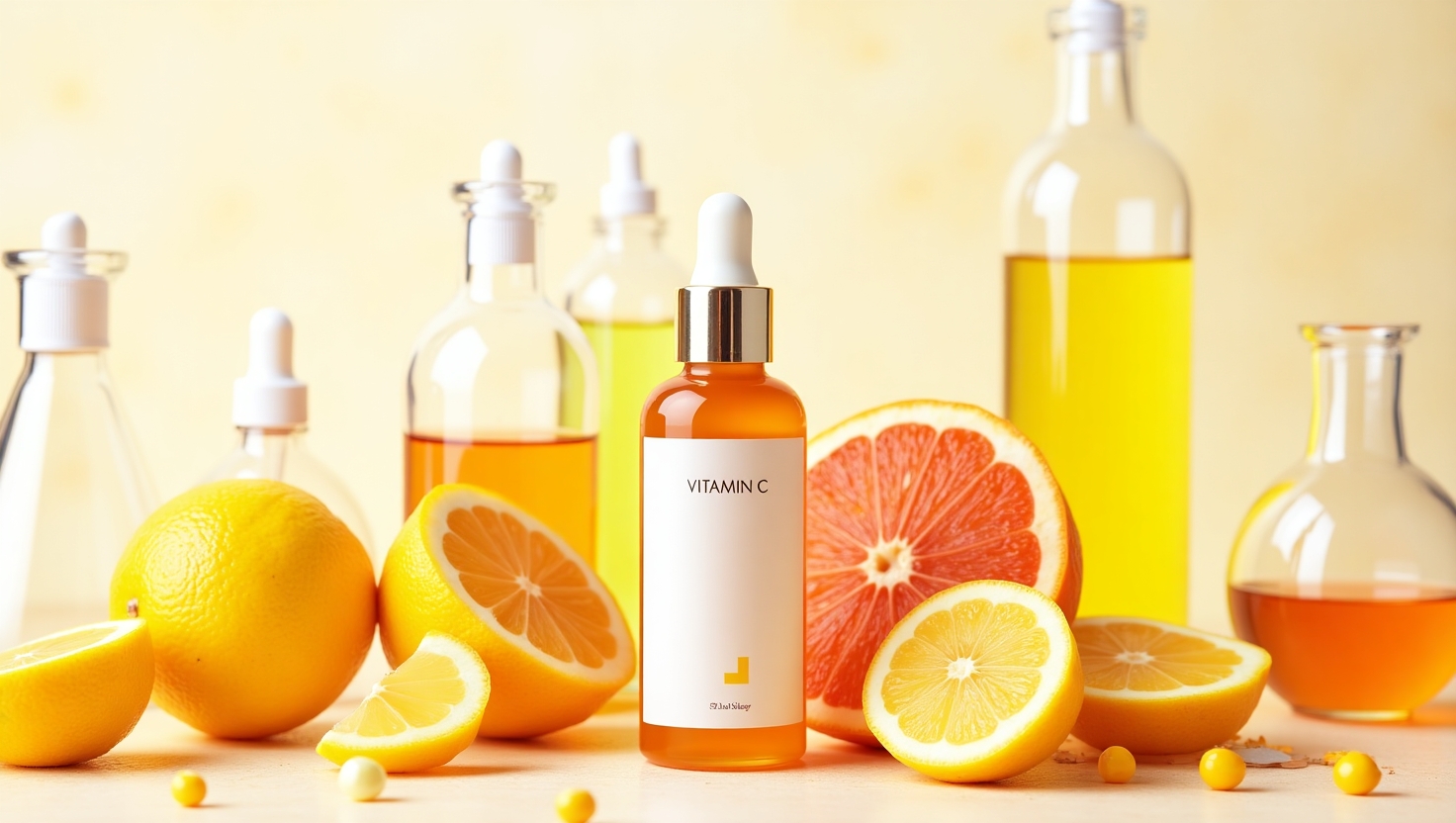
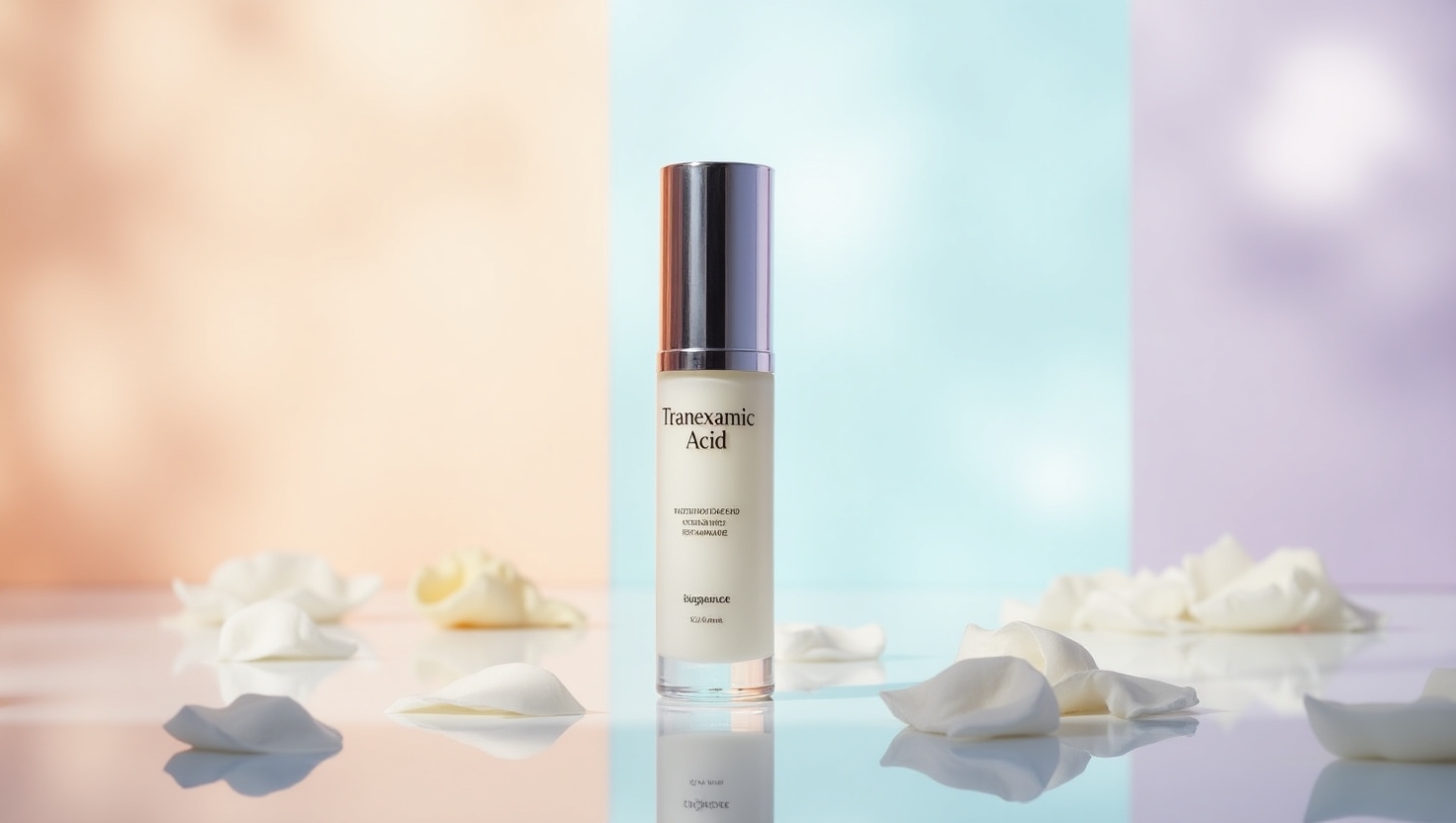




[…] Folic Acid Benefits for Women […]